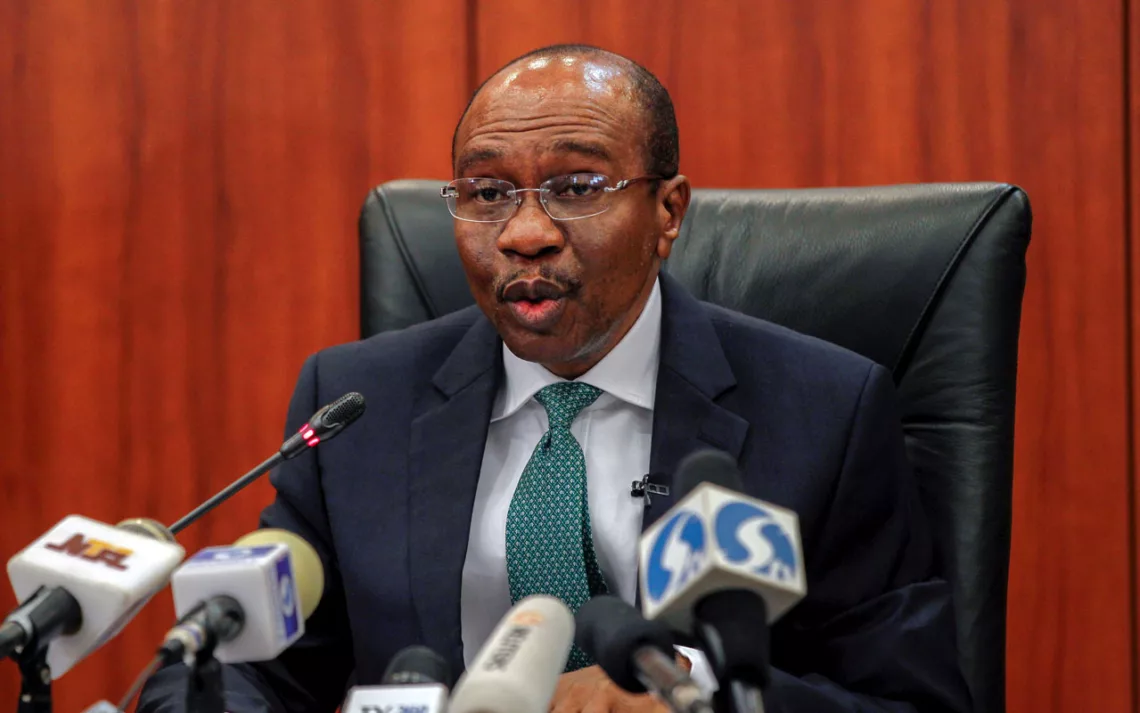Eleven years after the Central Bank of Nigeria (CBN) initiated the cashless policy, a new phase of the policy which aims towards a 100 per cent cashless economy commenced last week Monday, January 9, 2023. For many small businesses, it is still business as usual as they have quickly adapted to electronic banking, a situation brough on by the COVID-19 pandemic.
The CBN had in 2012 In 2012, introduced the cashless policy with the aim reducing the quantum of physical cash that is being used in the system in an attempt to cut down on cash handling expenses of banks.
Asides this, the policy was also targeted at getting more of the money in circulation into the system as well as track money laundering activities. The cashless policy as at then prescribed processing fees on daily cash withdrawals and cash deposits that exceed N500,000 for individuals and N3 million for Corporate bodies.
A three per cent and five per cent was charged on withdrawals above the stipulated amounts by individuals and corporates respectively while deposits/lodgments are charged two and three per cents also for individuals and corporates respectively.
The CBN in upping the ante last year had directed that with effect from January 9, 2023, individual customers will not be able to withdraw more than N500,000 in a week while corporates are entitled to N5 million within a week, with ATM withdrawals pegged at N100,000 daily.
This was not the initial limits that was stipulated by the apex bank in a circular dated December 6, 2022, as it was reviewed upwards in a circular issued on December 21, following outcry on the N20,000 per day limit set for individuals.
For withdrawals above the stipulated limits, a processing fee of three per cent and five percent for individuals and corporates respectively would apply with the requesting customer required to provide documents including but not limited to notarised declaration for the purpose of cash withdrawal and the bank managing director’s written approval for the withdrawal.
Also, third party cheques above N100,000 would not longer be eligible for payment over the counter, while extant limits of N10 million on clearing cheques still subsist.
Commenting on the policy, Senior Research Fellow at The FATE Institute, Jonathan Ikeolumba, noted that while there are opportunities for the economy with the policy, there are also challenges.
The cashless policy which was supposed to take full effect in 2015 had been suspended to allow more infrastructure in the financial system that would support a cashless economy.
Currently, the Nigerian financial system is one of the top 10 globally with the country ranked the sixth in instant payments. According to the CBN governor, all infrastructure that is needed to ensure a smooth working cashless system such as the CBDC, online banking, Payment System Banks (PSBs), point of sale terminals (POS) agent banking, mobile banking and ATMs have since been deployed.
To Ikeolumba, the implementation of the cashless policy will see an acceleration of financial inclusion and business formalisation as well as an increase in digital adoption whilst reducing cash related robbery.
“This new policy will facilitate an increase in demand for electronic banking and electronic business options. We expect to see an increase in the number of financial technology solutions especially those that might involve less internet requirements and data usage given the infrastructural decay in the country.”
With Nigeria’s huge number of cash-based transactions Ikeolumba said the policy is expected that many cash-based transactions will now be carried out through the banking system which would allow the government have better overview of the economy.
“The data of the financial activities from the banking and financial institutions will give a more representative view of the economic activities within the country,” he stated.
Ikeolumba, however, noted that the policy also creates some challenges for Nano, Micro, Small and Medium Enterprises (NMSMEs) some of which he said do not have bank account or operate in rural ares where bank presence and technological infrastructure is low or non existent.
“Given that many nano businesses still operate a cash economy, this policy might further impede financial inclusion particularly for those operating in rural areas and at the bottom of the pyramid,” he stated.
However, a business woman, Mrs Mutiat, who deals in wholesale frozen foods, noted that she rarely deals in cash as most of her transactions are done with transfers.
“Because of the high rate of robbery, I had switched to making transfers for my customers and even those who come to buy for me mostly pay with transfer. I was initially concerned with the policy but then I later realised that it didn’t affect me much,”she stated.
Another dealer in fast moving consumer goods in Lagos, Mrs Adeoye, noted that most of her suppliers discourage payments in cash and thus the policy does not affect her business. “I used to always have a lot of cash from those who come to buy from me but since after the covid, a lot more people are doing transfers which is better for me because I don’t have to worry much about the security of having to carry so much cash to the bank.”
Commenting on the policy, Tope Fasua, an economist said, “There will be some initial hiccups with businesses such as instances where POS machines do not work and the normal hiccups of trying to process transactions online, downtime, internet issues and all of that.”
For head of financial institutions ratings at Agusto&Co, Ayokunle Olubunmi, whilst the policy is a good one that will help the economy in the long – run, it may create a dislocation in the country’s economy in the short- run as people strive to adjust to the new policy. To him, the policy will enable the CBN track the flow of funds against what has been happening in the country where its monetary policies do not have control over cash in circulation.
He also noted that the policy in the long-run will be good for the credit system as banks will be able to give out loans based on BVN. Asides this, he said it will boost government revenue as small and micro businesses in the informal sector will now be brought into the formal system. Thus allowing the tax authorities to be able track and tax them accordingly.





